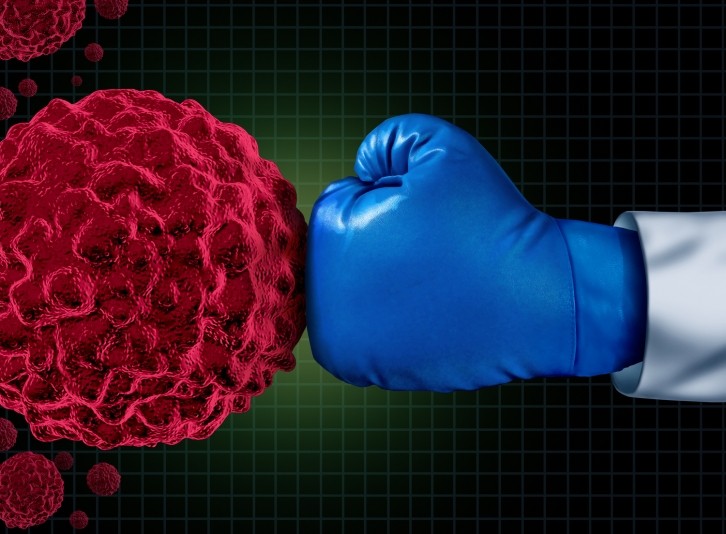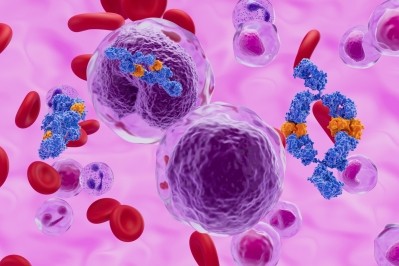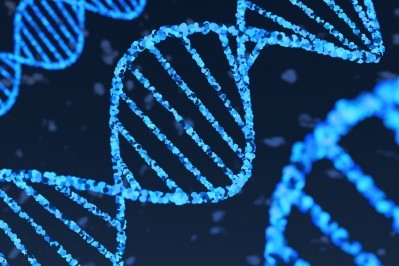BioNTech and Autolus collaborate to expand programs into trials for multiple cancers

BioNTech is an immunotherapy company developing therapies for cancer and other serious diseases while Autolus is a clinical-stage biopharmaceutical company developing programmed T cell therapies. The CAR-T programs are aiming towards commercialization, pending regulatory authorizations. In connection with the strategic collaboration, the companies entered into a license and option agreement and a securities purchase agreement.
“The collaboration with Autolus enables us to expand our BNT211 program into trials for multiple cancer indications in a cost-efficient way. Autolus' state-of-the-art manufacturing facilities’ set-up for clinical and commercial supply will enhance our capacities in addition to our existing U.S. supply network and the ongoing expansion of our site in Gaithersburg, Maryland,” said Professor Ugur Sahin, medical doctor, CEO and co-founder of BioNTech.
“Furthermore, this collaboration grants us access to Autolus' precise cell targeting tools to further support BioNTech’s development of in vivo cell therapy and antibody-drug conjugate candidates.”
Manufacturing process for CAR-T incresing potency of therapy
BioNTech’s new manufacturing process for CAR-T increases the potency of the solid tumor therapy BNT211, which appears to have upped the side effect profile as well.
BioNTech has agreed to purchase $200 million of Autolus’ American depositary shares in a private placement. BioNTech will have the right to appoint a director to the Board of Autolus.
Under the terms of the license and option agreement, BioNTech will make a cash payment of $50 million and is granted the following rights in exchange:
“We see a remarkable opportunity to leverage our core capabilities, accelerate pipeline programs, realize cost-efficiencies, and expand opportunities beyond autologous cell therapies,” said Christian Itin, CEO of Autolus (pictured).
Collaboration creates path for accelerating programs
“We look forward to investing a portion of the capital raised on delivering on obe-cel’s path in adult acute lymphoblastic leukaemia, potentially offering another treatment option for patients where there is still an unmet medical need. This collaboration creates a path for accelerating our respective oncology pipeline programs and broadening the use of Autolus’ technology outside of autologous cell therapy applications.”
BioNTech is eligible to receive an up to mid-single digit royalty on obe-cel net sales. Autolus will retain full rights to and control of the development and commercialization of obe-cel.
BioNTech has the option to access Autolus’ commercial and clinical site network, manufacturing capacities in the United Kingdom, and commercial supply infrastructure in a cost-efficient set-up to accelerate the development of BNT211 in additional CLDN6+ tumor types.
BioNTech says it plans to have 10 or more ongoing potentially registrational clinical trials in the pipeline by the end of 2024, including its fully owned CLDN6 CAR-T program BNT211 in relapsed or refractory germ cell tumors.
BioNTech to receive profit share
Autolus says it will lead the development and commercialization for AUTO1/22 and AUTO6NG in any oncology indication with BioNTech having an option to support certain development activities and co-commercialize both candidates in certain territories.
If BioNTech exercises an option, it will receive a profit share concerning such exercised product candidates worldwide while Autolus will be eligible to receive an option exercise fee, milestone payments, and co-funding of development expenses.
Autolus has also granted BioNTech an exclusive license to develop and commercialize therapeutics incorporating certain of Autolus’ proprietary binders along with options to license binders and cell programming technology for use in BioNTech’s in vivo cell therapy development programs and investigational antibody-drug conjugates. If BioNTech exercises an option, Autolus will be eligible to receive exercise fees and milestone payments, with low-single-digit royalties on net sales of the licensed products.
BNT211 is BioNTech’s most advanced cell therapy development program. BNT211 is an autologous Claudin-6 (CLDN6)-targeting CAR-T cell therapy candidate that is being tested alone and in combination with a CAR-T cell Amplifying RNA Vaccine (CARVac), encoding CLDN6. The CAR-T cells are equipped with a second-generation CAR of high sensitivity and specificity.
CARVac is intended to support in vivo expansion of CAR-T cells to increase their persistence and efficacy. CLDN6 is expressed on multiple solid tumors such as ovarian cancer, sarcoma, testicular cancer, endometrial cancer, and gastric cancer. BioNTech plans to initiate its first pivotal Phase 2 trial evaluating BNT211 in 2L+ germ cell tumors in 2024 and is continuing to assess additional indications for further development.

















